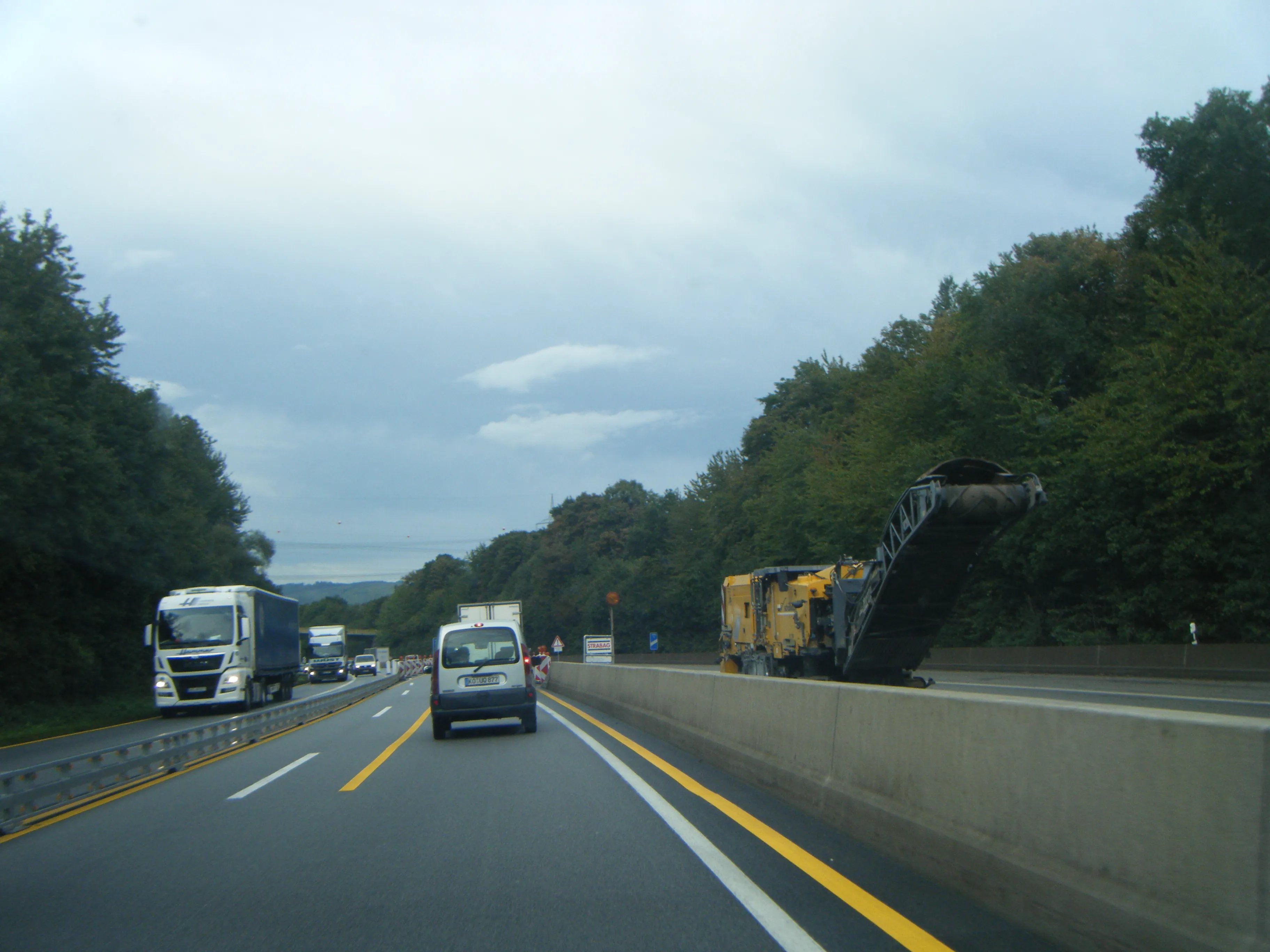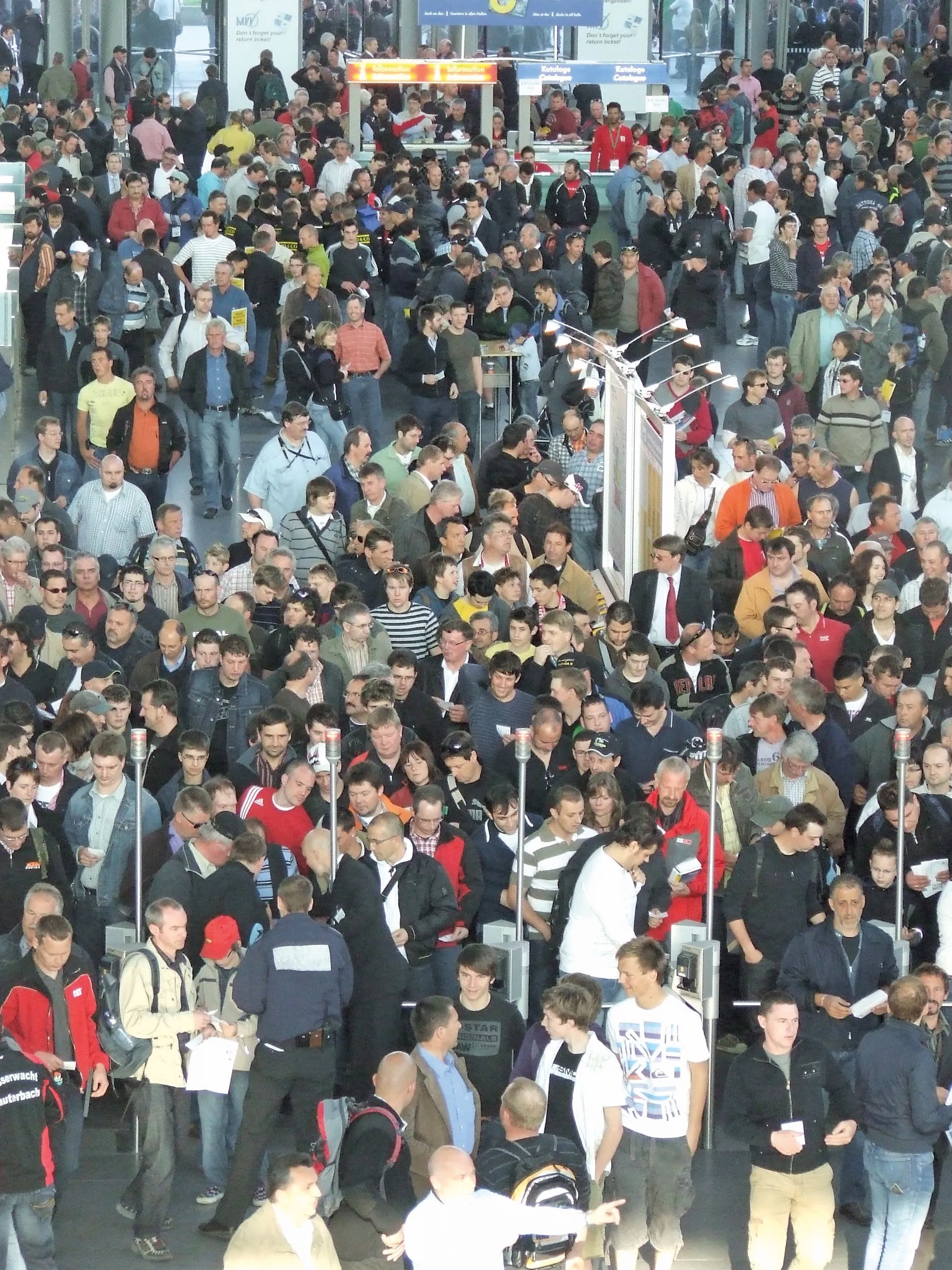Austrian firm Strabag claims to be Central and Eastern Europe’s largest construction company and has announced steady financial performance for 2012. “At €14 billion, our output volume has remained stable versus the €14.3 billion in the previous year: In Poland, we have registered declines due to the end of the construction boom, which, however, we were able to compensate with growth in Germany and transportation infrastructures projects in Romania. Germany is currently a successful market for us, also as r
February 14, 2013
Read time: 2 mins
Austrian firm 945 Strabag claims to be Central and Eastern Europe’s largest construction company and has announced steady financial performance for 2012. “At €14 billion, our output volume has remained stable versus the €14.3 billion in the previous year: In Poland, we have registered declines due to the end of the construction boom, which, however, we were able to compensate with growth in Germany and transportation infrastructures projects in Romania. Germany is currently a successful market for us, also as regards new, large contracts in building construction – our German employees are contributing to a solid order backlog,” said CEO Hans Peter Haselsteiner.
Strabag generated an output volume of €14 billion in the 2012 financial year. Against the backdrop of low public-sector infrastructure expenditures, the output volume remained practically at the high level of the previous year with a decrease of just 2 %. The largest reduction was registered in Poland due to the end of the construction boom in that country. Declines in several countries in Eastern Europe were countered by increases in Germany and in Romania.
At €13.2 billion, the order backlog at 31st December 2012 also remained close to the previous year’s levels (-1 %). In Poland, in the RANC region (Russia and the neighbouring countries) and in Romania, large projects were continuously worked off, transforming order backlog into output. Meanwhile, a large road construction project in Italy and significant building construction projects in Germany bolstered the order backlog.
The workforce fell significantly more strongly than the output volume, dropping by 4 % to 74,010 employees. Most of this reduction was due to the completion of large-scale projects, for example in Poland or in the Middle East. In many other markets, workforce reductions were made in response to the difficult construction economy.
For the 2013 financial year, the company expects stable output volume compared to 2012 with €14 billion in 2013.
Strabag generated an output volume of €14 billion in the 2012 financial year. Against the backdrop of low public-sector infrastructure expenditures, the output volume remained practically at the high level of the previous year with a decrease of just 2 %. The largest reduction was registered in Poland due to the end of the construction boom in that country. Declines in several countries in Eastern Europe were countered by increases in Germany and in Romania.
At €13.2 billion, the order backlog at 31st December 2012 also remained close to the previous year’s levels (-1 %). In Poland, in the RANC region (Russia and the neighbouring countries) and in Romania, large projects were continuously worked off, transforming order backlog into output. Meanwhile, a large road construction project in Italy and significant building construction projects in Germany bolstered the order backlog.
The workforce fell significantly more strongly than the output volume, dropping by 4 % to 74,010 employees. Most of this reduction was due to the completion of large-scale projects, for example in Poland or in the Middle East. In many other markets, workforce reductions were made in response to the difficult construction economy.
For the 2013 financial year, the company expects stable output volume compared to 2012 with €14 billion in 2013.







